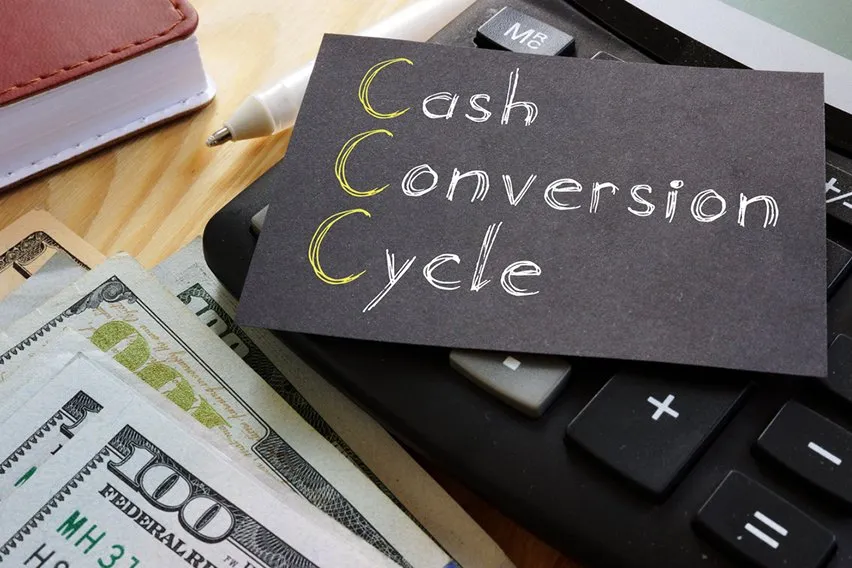What are Ordinary Shares?

Ordinary shares are stocks in public companies. How do they work and are they for you? Read on to find out!
Ordinary shares are often called common shares. They are stocks sold on public exchanges. Being in possession of ordinary shares makes you a shareholder in the company you invested in. If you have your eye on the latest technology-driven company, it’s worth deciding which style of investing is for you. Common shares or preferred stocks?
Here’s What We’ll Cover:
Ordinary Share vs Preferred Share
Your Rights as an Ordinary Shareholder
Advantages of Being an Ordinary Shareholder
Disadvantages of Being an Ordinary Shareholder
How Do Ordinary Shares Work?
Ordinary shares are essentially owning a small slice of a public company. Being a shareholder in a company gives you some say in major decisions for the company. You’ll be a part of shareholder meetings that direct the company in one way or another. You also get one vote per share in any company vote.
You as a shareholder can receive a dividend, but it’s not guaranteed. The board of directors will decide whether to give shareholders dividends or not. If they do, you’ll get a quarterly kickback from the company’s profits proportional to your share of the company.

Ordinary Share vs Preferred Share
Preferred shares are a different kind of share a company can issue. They are a hybrid between a stock and a bond.
Where common or ordinary shareholders aren’t guaranteed dividends, preferred stockholders have a higher claim to them. Dividends can even be fixed payments depending on the share agreement between the company and the investor. Preferred stockholders also have a higher claim to company assets in the event of bankruptcy.
However, common shareholders or ordinary stockholders have more say in the direction of the company. That’s to say that preferred stockholders have no seat at the table. They can’t vote on any company decisions at all.
So by prioritising ordinary shares, you gain power in decisions and lose guaranteed dividends.
Preferred shareholders are motivated by the steady income. Ordinary shareholders are more motivated by company growth and eventual liquidity.
Your Rights as an Ordinary Shareholder
- Residual profits. That is to say after the preferred shareholders are paid, you may receive dividends from the remaining pot.
- One vote per share on company decisions at shareholder’s meetings
- Residual economic value. After the directors and preferred shareholders are paid out, you are the last to receive assets in case of bankruptcy.
Advantages of Being an Ordinary Shareholder
- You can help the growth rate of the company by being a part of their board of shareholders. Your vote can help direct the company. You also have access to the company documents and annual financial reports. This is great if it motivates you to be a part of a company you care about.
- If the company has huge profits, you stand to gain more than preferred shareholders. Why? Well preferred shareholders have a fixed dividend in exchange for their steady income. If you can assume the risk factors, your potential income has no ceiling!
- If the company you invest in is bought out by another company, you will likely get a larger slice than preferred shareholders. This is for the same reasons as the previous point.

Disadvantages of Being an Ordinary Shareholder
- You take on more financial risk as you have no guaranteed dividend payment. Preferred shareholders get guaranteed dividends as a set percentage. This is a better option for you if you want regular income from your investment.
- Even though you are entitled to dividends after the preferred shareholders are paid, this isn’t a fixed rule. The company can (and often does) save these profits to reinvest in the business.
- Preferred stockholders have a “calling” feature. This means they have the right to redeem shares at a predetermined price. Ordinary shares don’t have that luxury. You are at the whims of the market.
Key Takeaways
Ordinary shares are the most common way of purchasing shares in the UK and US. If you want voting rights and a potential windfall down the line, it’s a great option. You can own a slice of a publicly traded company that you care about and nurture it to success in your own small way. You stand to gain huge dividends (pun intended) if your investment pays off. Overall it could be worth it for the right company!
For more guides like this, head to our resource hub.
RELATED ARTICLES

 What Is an IBAN Number & BIC (SWIFT Code)?
What Is an IBAN Number & BIC (SWIFT Code)? Consultant Vs Contractor: Which Is the Best?
Consultant Vs Contractor: Which Is the Best? Cash Conversion Cycle (CCC): Definition, Formula & Calculation
Cash Conversion Cycle (CCC): Definition, Formula & Calculation What Is an EORI Number & How to Get One
What Is an EORI Number & How to Get One Market Risk: Definition, Overview & Application
Market Risk: Definition, Overview & Application What Is a Dormant Company? The Guide
What Is a Dormant Company? The Guide